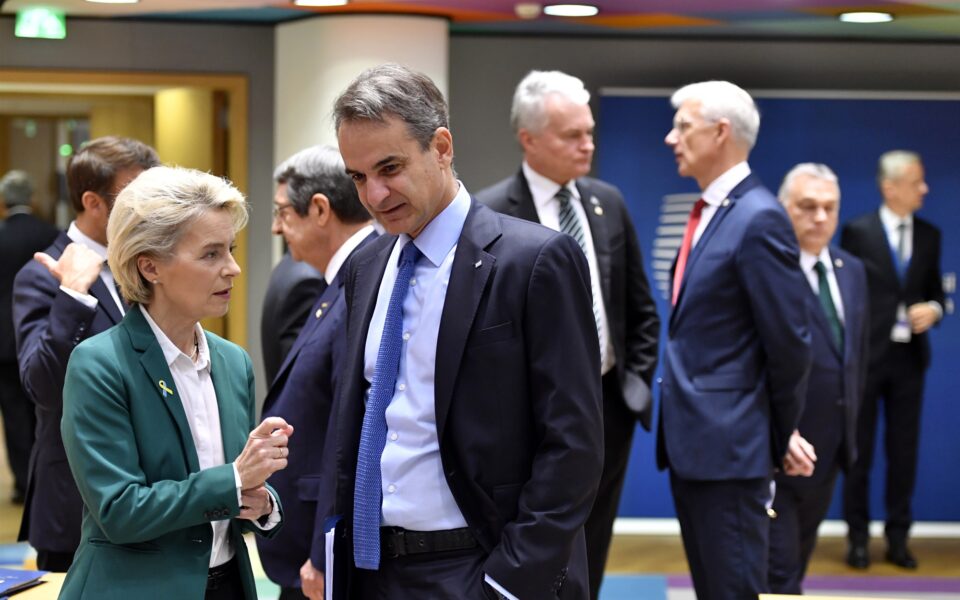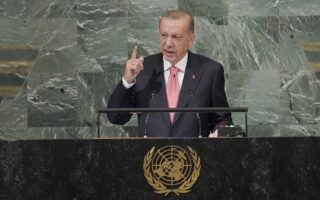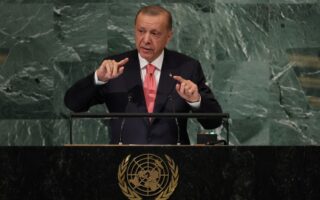Greece’s growing diplomatic leverage irking Turkey

“Greece took a strategic stand by trying to create an anti-Turkish atmosphere at the regional and global level. This is something it accomplished, to some extent,” Ibrahim Kalin, Turkish President Tayyip Erdogan’s spokesman and chief foreign policy adviser, said in a recent televised interview. Although Kalin made sure to stress that Turkey will not be isolated, his words were a thinly disguised admission of the impact of Greek diplomacy.
The public language that Erdogan uses when he refers to Greece shows anger – a mood most memorably captured in his recent statement that Kyriakos Mitsotakis, the Greek prime minister, “no longer exists” for him. Erdogan’s obsession with Greece’s leader, in a tone that if anything violates the rules of civility, is hard to justify given that it is directed against a European Union member-state which does not pose a threat to its neighborhood. It can only be interpreted as a hot-tempered reaction to a foreign policy which is less willing to remain passive in the face of Turkey’s revisionist ambitions. More specifically:
Greece has raised its stock position within the NATO security alliance. The country’s strategic leverage was bolstered by the upgrade of the northern port of Alexandroupoli, now a hub for the transfer of troops and weapons systems to Ukraine. Meanwhile, Alexandroupoli resembles an alternative to the Bosporus Strait, which could make Ankara redundant in NATO planning.
By taking advantage of the influence of the Greek-American lobby in Washington, Athens is putting the brakes on the modernization of Turkey’s F-16 fighter jets while Ankara fails to de-escalate tensions in the East Mediterranean. It has also managed to come close to its target of air superiority thanks to the new Dassault Rafale aircraft, the upgraded F-16 Viper jets and the possible purchase of Lockheed F-35s.
Greece includes the European Union in the equation, influencing the Commission’s position on Ankara
Furthermore, Greece has expanded its alliance with France by signing a defense agreement which includes a mutual defense clause should either be attacked by a third country.
It has deepened relations with Israel by expanding bilateral cooperation also in the defense sector. It is also been strengthening ties with Egypt, with the two countries signing an agreement designating an exclusive economic zone (EEZ) in the Eastern Mediterranean. Moreover, Athens is contributing to the development of the Greece-Cyprus-Israel + Egypt axis.
Greece meanwhile includes the European Union in the equation, influencing the Commission’s position on Ankara in the drafting of the reports evaluating the progress of EU candidate Turkey.
In other words, Erdogan’s irritation echoes Kalin’s indirect admission that Greek diplomacy has become more active and influential – an obstruction to Turkey’s expansive ambitions in the Eastern Mediterranean.





